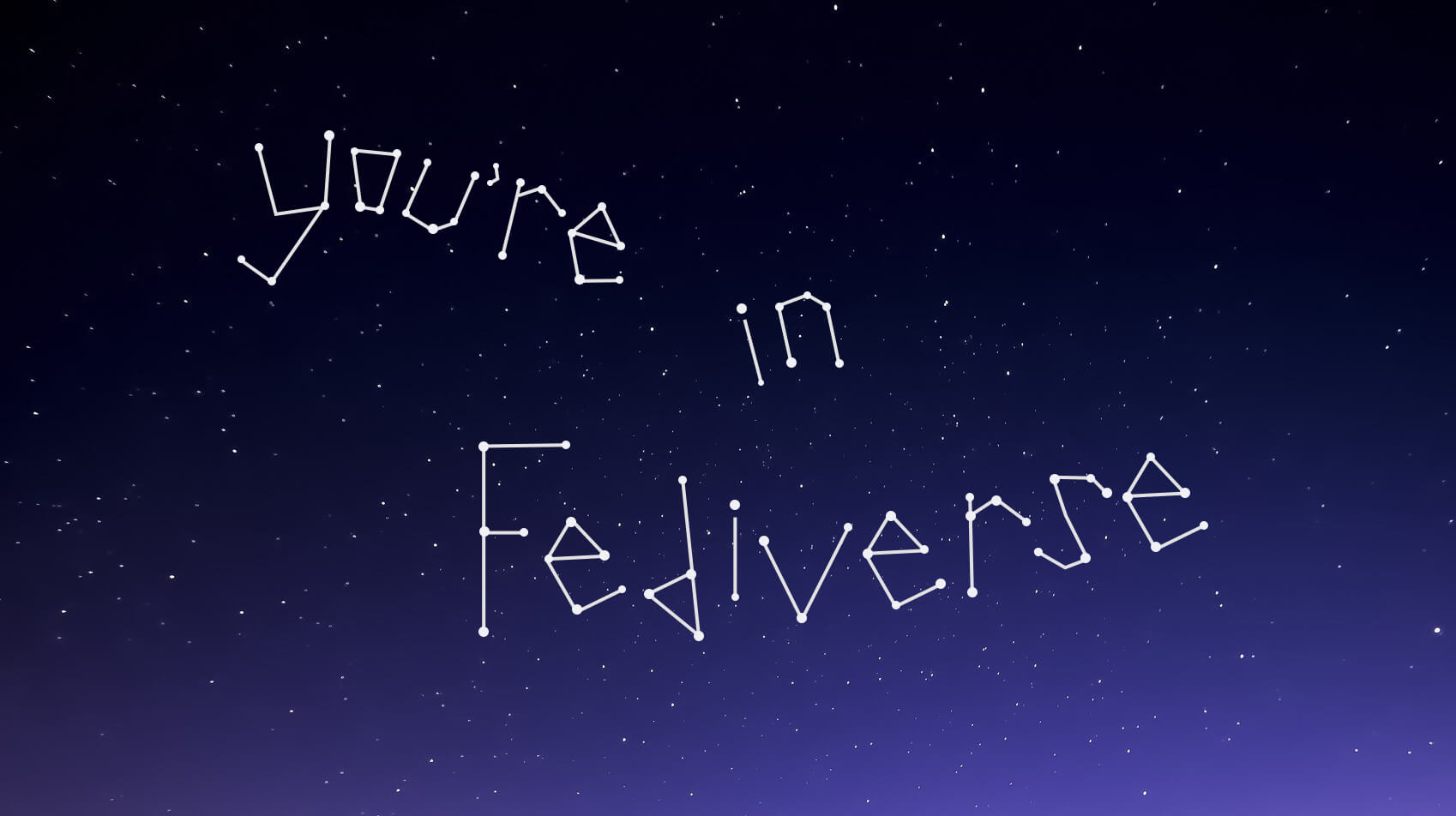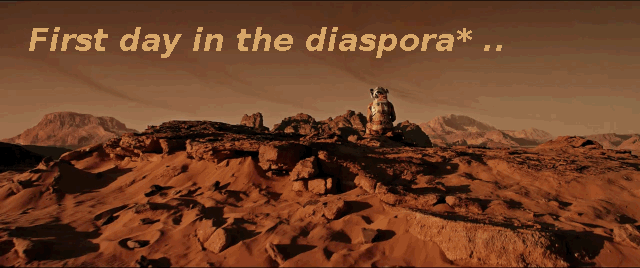Solution architecture question
Colleagues, can anyone answer my question?
The question is in the sphere of discussion of the architectural solutions chosen for use.
Preamble
If we are discussing some kind of propietary solution, then even a complete vision of its entire architecture may not be available. Indeed, who knows, on the basis of what and how some abstract Mark Zuckerberg or Pavel Durov created their product.
When we talk about a free and open source product, the situation is completely different - all its aspects can be understood and analyzed, the main thing is that there is time and desire.
If I correctly sensed the atmosphere and saw the signs, that all existing open source solutions for building federated networks are a classic example of programs written not by programmers, but by web-programmers. Methods and formats for data exchange were also invented by them.
All functionality is written in specialized interpreting languages for rapid web development, which are usually used by graduates of accelerated courses in web programming using templates. They also did not torment themselves by reading RFCs on existing network protocols and services.
In other words, these nice guys are not so much the Stevens generation as they are the Zuckerberg generation.
Let me explain right away that I absolutely do not want to offend the authors of existing solutions! They wrote completely working open source products and have a legitimate claim to pride!
But this does not negate the right to discuss these decisions.
Here the preamble ends and the amble begins ...
Amble
I remember well the previous archaeological period ... Everything was young and beautiful, the steamer "Theodosia" was still a boat, well-fed and good-natured city dinosaurs walked through the streets with an important view, and Internet connection was carried out using dialup-modems via telephone lines ...
At this time, a network service called Usenet was very common. It was a networked client-server mechanism for exchanging news and conducting discussions.
She used the Internet Protocol NNTP (Network News Transfer Protocol, RFC-3977). Later he received extensions demanded by life - NNRP (Network News Readers Protocol), RFC 2980, etc.
There are still NNTP servers that support various, including very efficient, formats for storing data and routing messages between servers.
I myself am a witness - even blondes used this service normally!
However, later on, when the total intelligence of Internet users dropped below the level of the average blonde, everyone decided that web forums were more convenient. Although in my opinion, they have the same functionality, but the load on servers and network transport is 50-100 times greater.
Now, the inevitable question.
Why, while inventing an open solution for a federated network, no one remembered about the already existing and well-functioning architectures, to which it was only necessary to attribute the web front-end to their liking?
If I understand correctly, the existing federated networks use several protocols developed at different times, which are not compatible with each other and were not even announced as a draft RFC.
Why such extremes, when there are ready-made and many years of working messaging technologies? Why not use a ready-made protocol, for which there is support in almost all languages?
Are there any fundamental points that do not fit into the functionality of Usenet?
In fact, the only one I could think of was a twin user function. But this is not implemented in all federated networks, and probably is not the main property of a social network ...
Epilogue
Let me remind you once again that I do not want to offend anyone or show myself to be the smartest ... I would like to receive an answer to a natural question that has appeared in my mind or to initiate a discussion on the essence of the issue.
I ask you to answer in essence. Repost is welcome.
#question #Zot #Fediverse #ActivityPub #Mastodon #Diaspora #GNUSocial #Friendica #Pleroma #Hubzilla
Ogogon.







